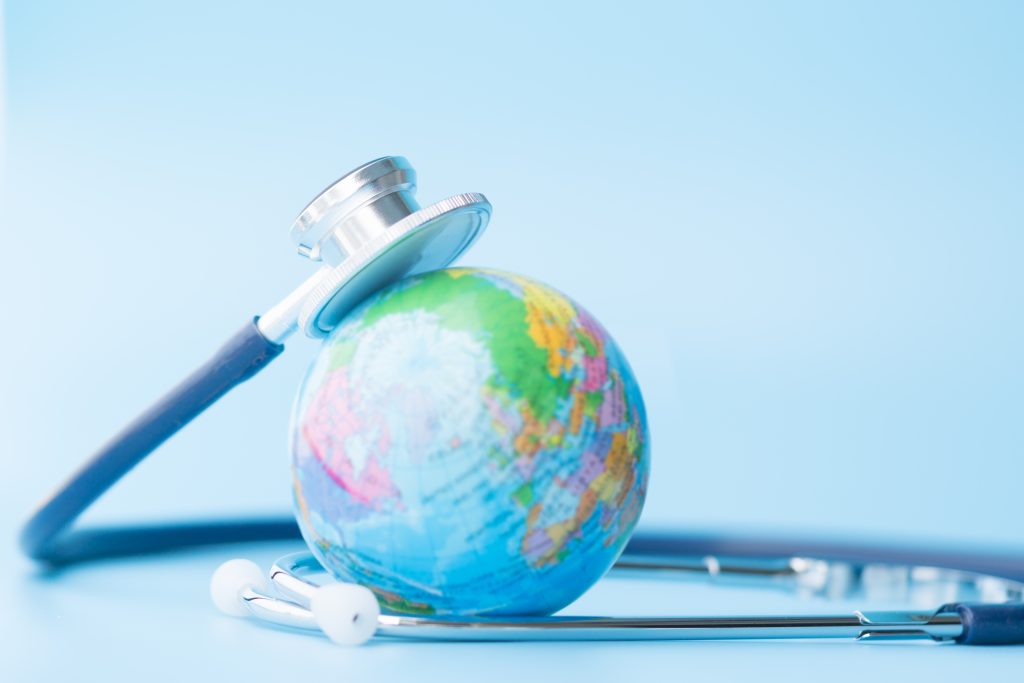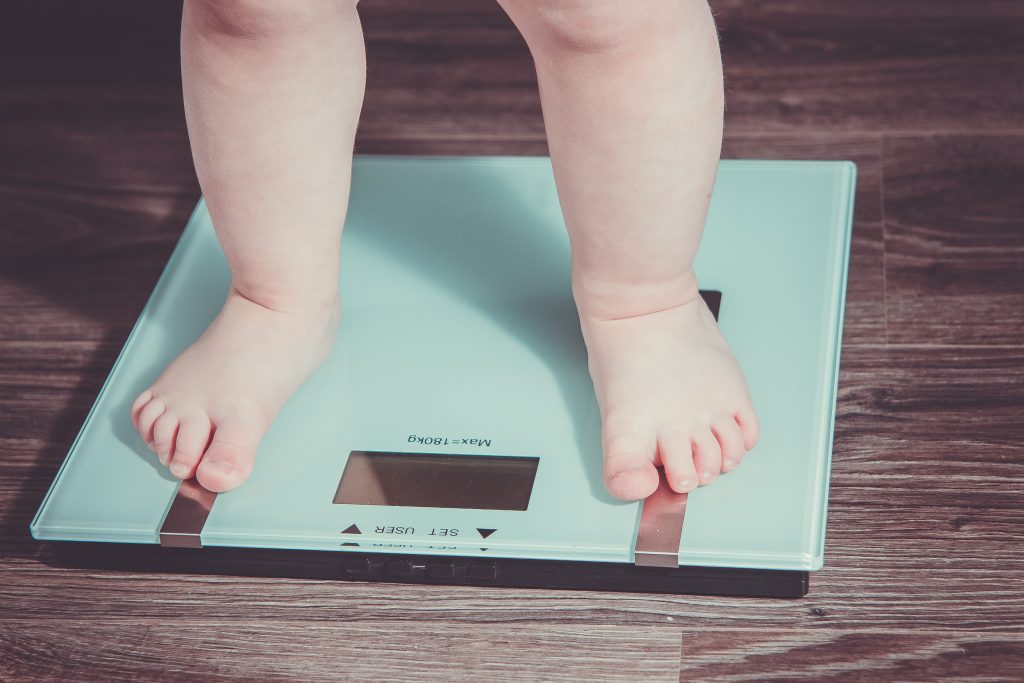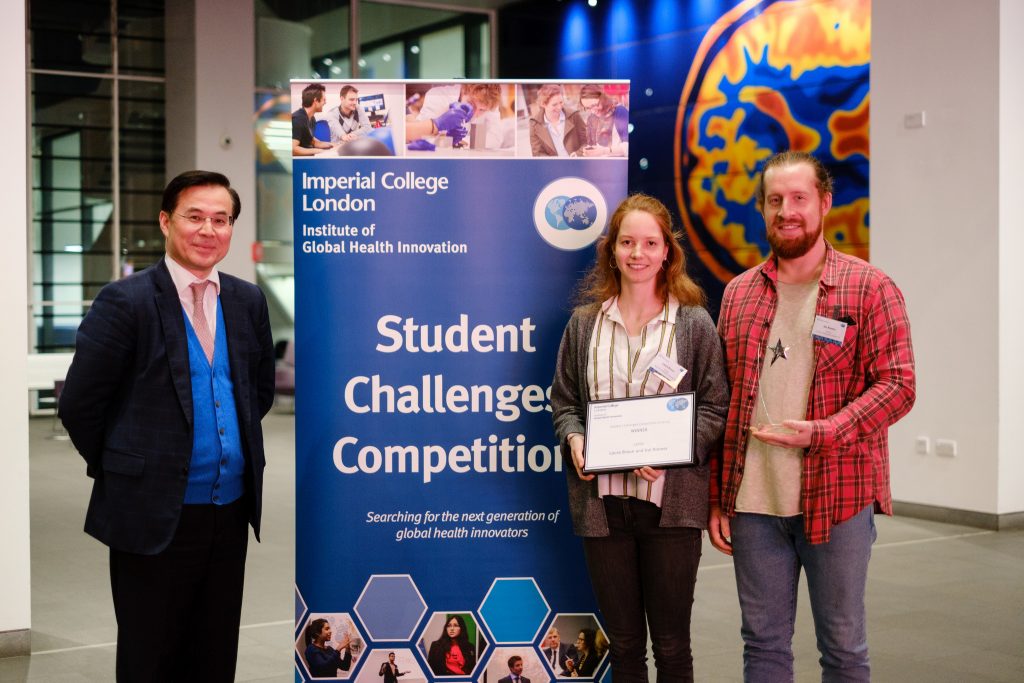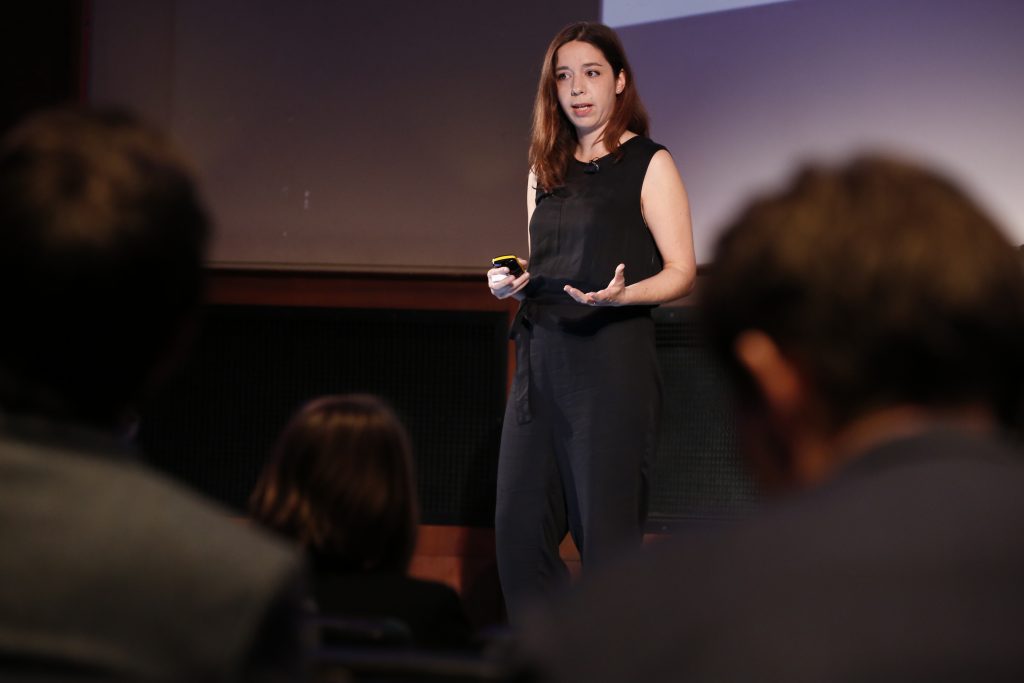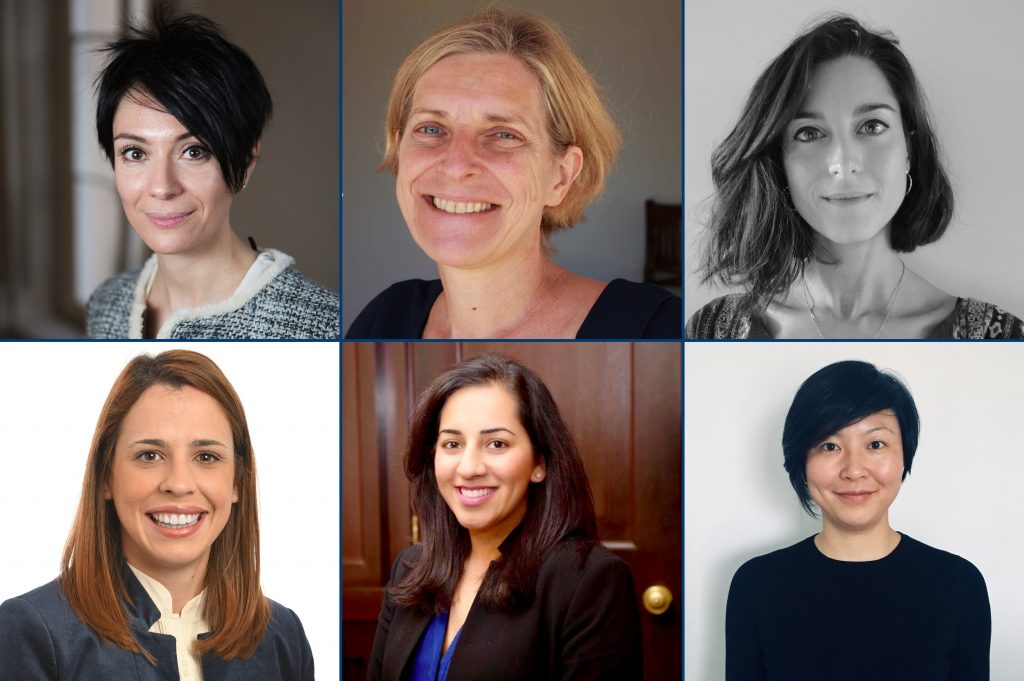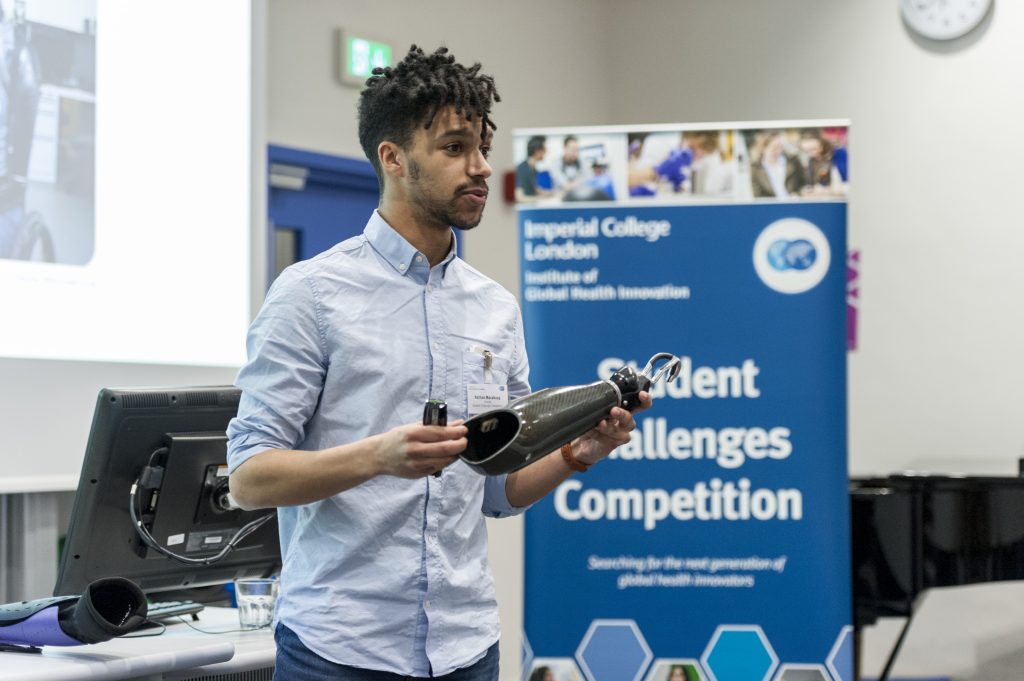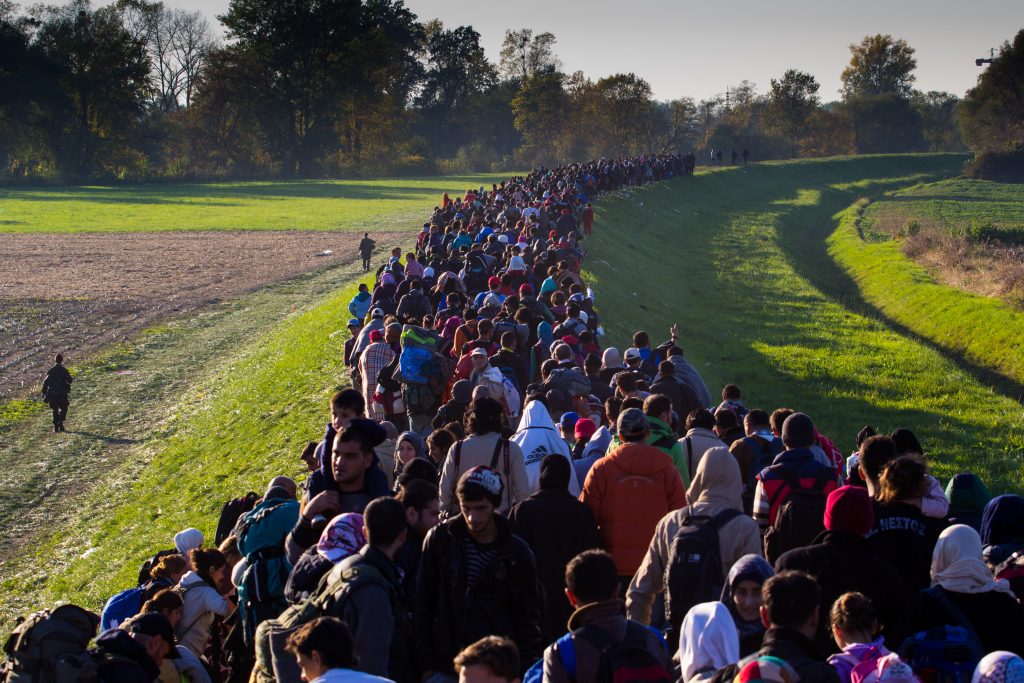How nurses and midwives are essential to achieving universal health coverage
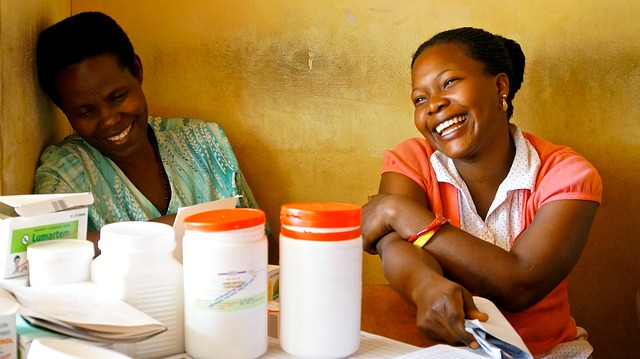
By Nicolette Davies, IGHI’s Head of Operations
Universal Health Coverage (UHC) is a basic human right. The WHO’s Director-General, Dr Tedros Adhanom, continues to highlight the importance of UHC by focusing its World Health Day on this topic. Dr Tedros’ top priority is equity for health for all, but how will we achieve the World Health Assembly’s ambitious target of 1 billion more people benefiting from UHC within five years? (more…)
